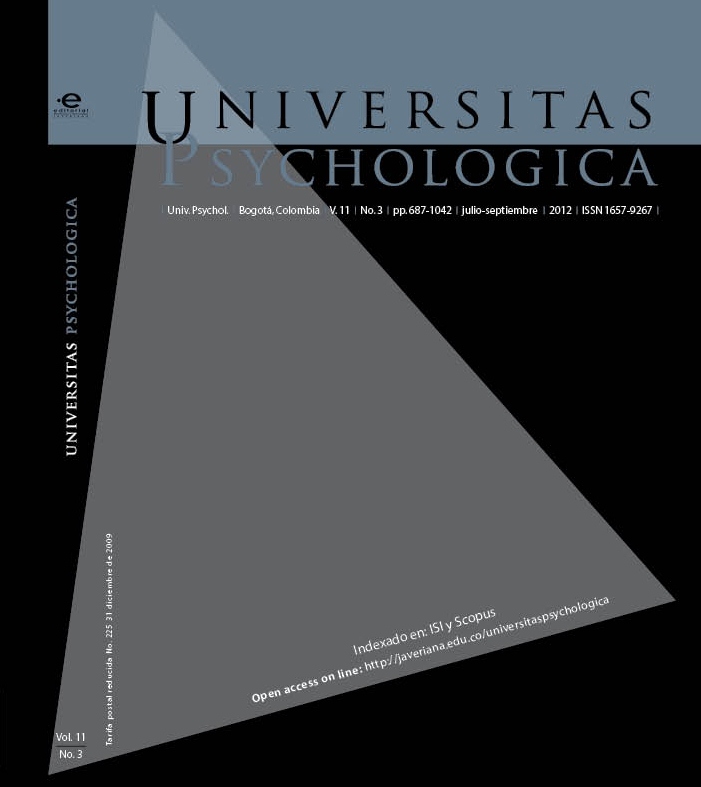Abstract
This paper attempts to identify whether the components involved in different processes of social learning, both imitative and non imitative, evaluated in appetitive contexts can be identified in an aversive context. This identification will allow us to appraise the goodness and/or limitations of the concepts and their heuristic value. The paper begins with the definitions of learning, individual learning and social learning, followed by the definition of the different processes of social learning in appetitive contexts, with emphasis in conceptual and experimental difficulties. Then, the definition of the different processes of social learning in aversive context is proposed and the paper concludes with a discussion about differences and similarities in both contexts.
This journal is registered under a Creative Commons Attribution 4.0 International Public License. Thus, this work may be reproduced, distributed, and publicly shared in digital format, as long as the names of the authors and Pontificia Universidad Javeriana are acknowledged. Others are allowed to quote, adapt, transform, auto-archive, republish, and create based on this material, for any purpose (even commercial ones), provided the authorship is duly acknowledged, a link to the original work is provided, and it is specified if changes have been made. Pontificia Universidad Javeriana does not hold the rights of published works and the authors are solely responsible for the contents of their works; they keep the moral, intellectual, privacy, and publicity rights. Approving the intervention of the work (review, copy-editing, translation, layout) and the following outreach, are granted through an use license and not through an assignment of rights. This means the journal and Pontificia Universidad Javeriana cannot be held responsible for any ethical malpractice by the authors. As a consequence of the protection granted by the use license, the journal is not required to publish recantations or modify information already published, unless the errata stems from the editorial management process. Publishing contents in this journal does not generate royalties for contributors.


